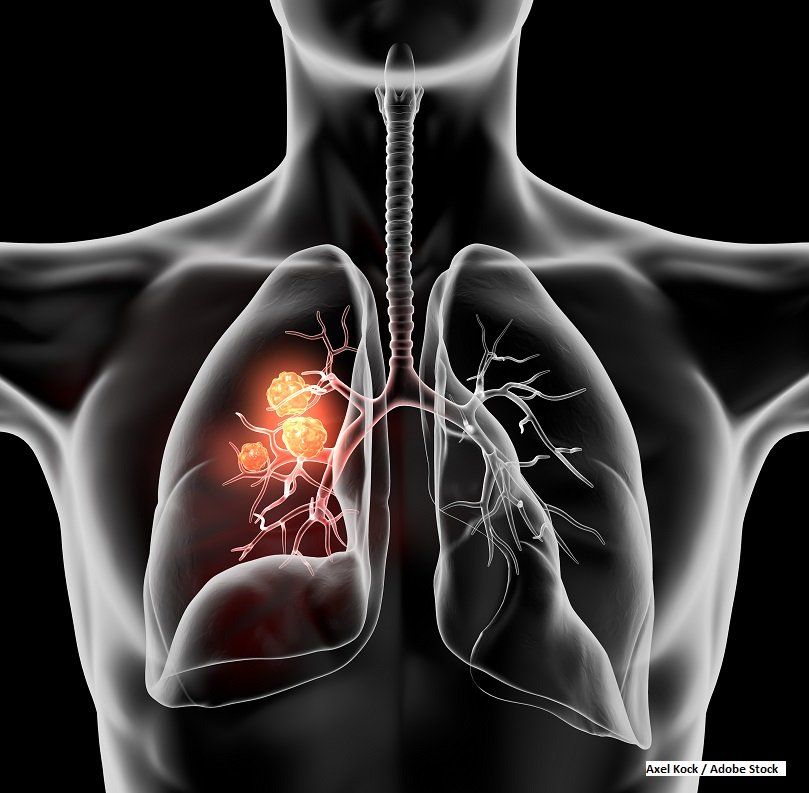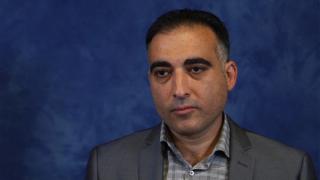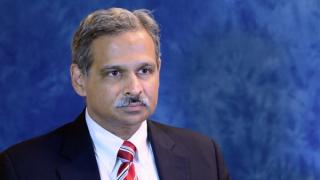
Lung Cancer
Latest News
Latest Videos

CME Content
More News
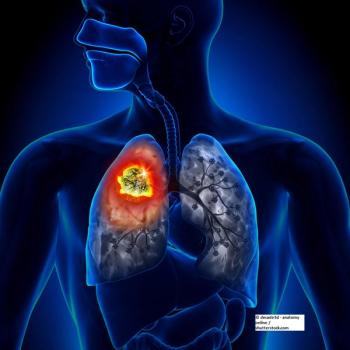
It may be possible to double the number of patients eligible for clinical trials for advanced lung cancer by expanding trial eligibility criteria based on new technologies and advances in supportive care.
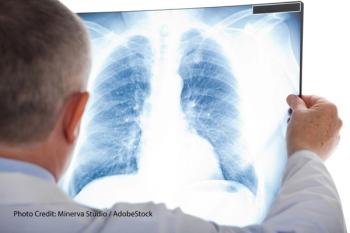
Researchers evaluated the effect of trilaciclib to a topotecan regimen in reducing chemotherapy-induced myelosuppression in newly diagnosed extensive-stage small-cell lung cancer.

The authors compared metformin combined with radiotherapy and chemotherapy vs chemoradiotherapy alone in patients with unresected stage IIIA/B non–small-cell lung cancer.
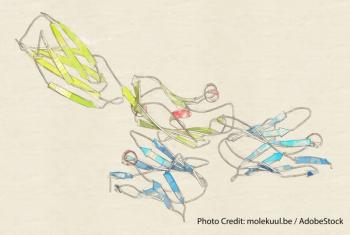
Results from an interim efficacy analysis of a large, multicenter clinical trial focusing on a programmed death ligand 1 inhibitor were presented at ASCO 2019.
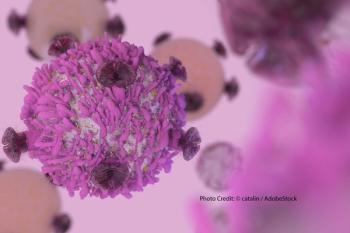
Researchers compared the percentage of non-viable tumor and tissue resident memory tumor infiltrating lymphocytes for nivolumab plus ipilimumab vs nivolumab alone.

The study evaluated the efficacy and tolerability of adjuvant treatment with pemetrexed/cisplatin vs vinorelbine/cisplatin in patients with non-squamous NSCLC.

Researchers reported the latest data from the phase Ib KEYNOTE-001 clinical trial at ASCO 2019.
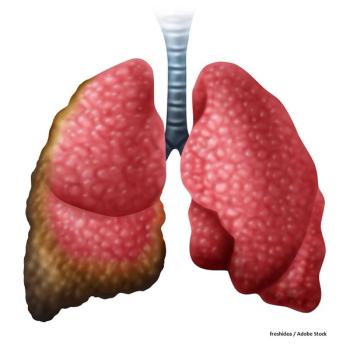
Researchers tested whether prophylactic irradiation after a chest wall procedure would benefit patients with malignant pleural mesothelioma.

Cancer Network spoke with Dr. Bob Li and Dr. Donald Johann about the use of liquid biopsies in the management of lung cancer.

A computer modeling analysis studied the use of NGS and its costs in patients with metastatic non–small-cell lung cancer.

A new study identified several T-cell antigens that are shared between tumor tissue and skin in a cohort of patients with non–small-cell lung cancer who were treated with anti–PD-1 therapy.

In this case report, we present a non-Hodgkin lymphoma survivor who was incidentally found to have non–small-cell lung cancer 30 years after undergoing treatment that included mantle radiation. We discuss the treatment-related risk factors for lung cancer in this population and potential implications for long-term follow-up.
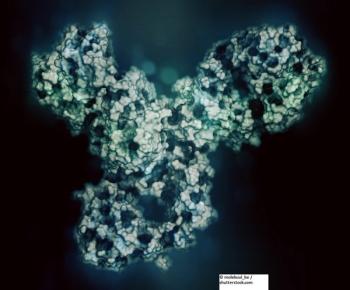
In this installment of Oncology Drug Updates, updates to FDA approvals for pembrolizumab in the treatment of lung cancer and RCC are highlighted.

The findings further validate the initial 2015 findings that a five-fraction SBRT schedule is appropriate for patients with centrally located NSCLC.

In this article, important concepts in the molecular testing of non–small-cell lung cancer are highlighted.

A study looked at whether a lung cancer risk prediction model could identify patients at high risk for lung cancer who could receive less frequent low-dose CT screening.
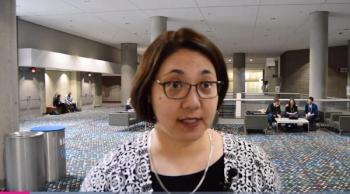
Cancer Network spoke with Lecia V. Sequist, MD, MPH, about the TATTON study, which tested the combination of osimertinib and savolitinib in previously treated non–small-cell lung cancer patients.
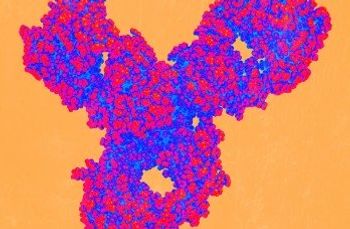
A pooled analysis of two trials presented at the AACR Annual Meeting looked at the use of pembrolizumab in patients with heavily pretreated extensive small-cell lung cancer.

The revised version focuses on the first-line use of immunotherapy and the measurement of tumor cells expressing PD-L1.
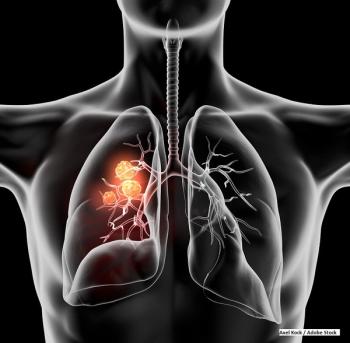
In this article, we review the new developments in neoadjuvant therapy for lung cancer.

Researchers' findings on the efficacy of a liquid biopsy test called Guardant360 vs standard tissue biopsies will be presented at AACR 2019.
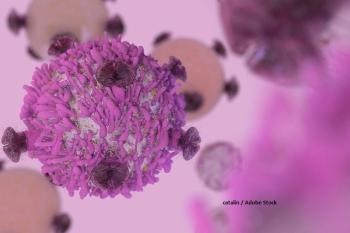
A trial showed that tumor mutational burden may be effective as a biomarker in patients treated with immunotherapy.

Researchers studied the combination of a cellular vaccine known as HS-110 and nivolumab in an early-phase trial of patients with advanced non–small-cell lung cancer.
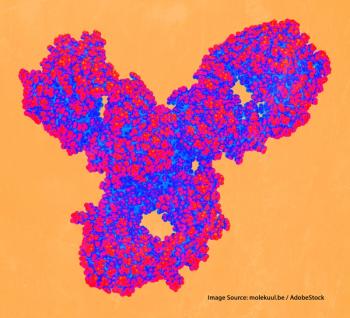
Results of the 2-year follow-up analysis of the pivotal KEYNOTE-024 trial were recently published in the Journal of Clinical Oncology.

Two new studies found that targeting the cyclin-dependent kinases 4/6 exposed a vulnerability in SMARCA4-deficient cancers.





